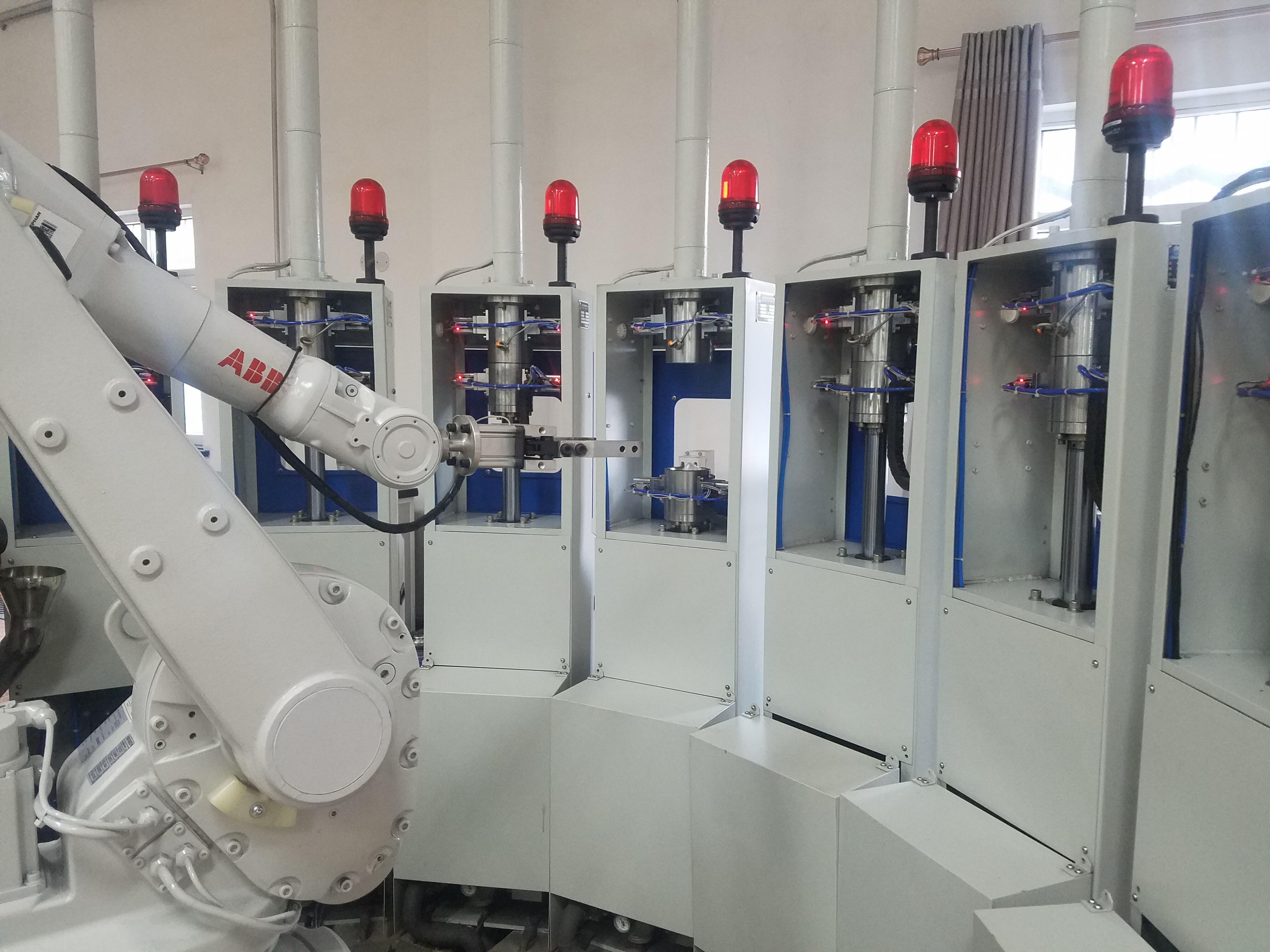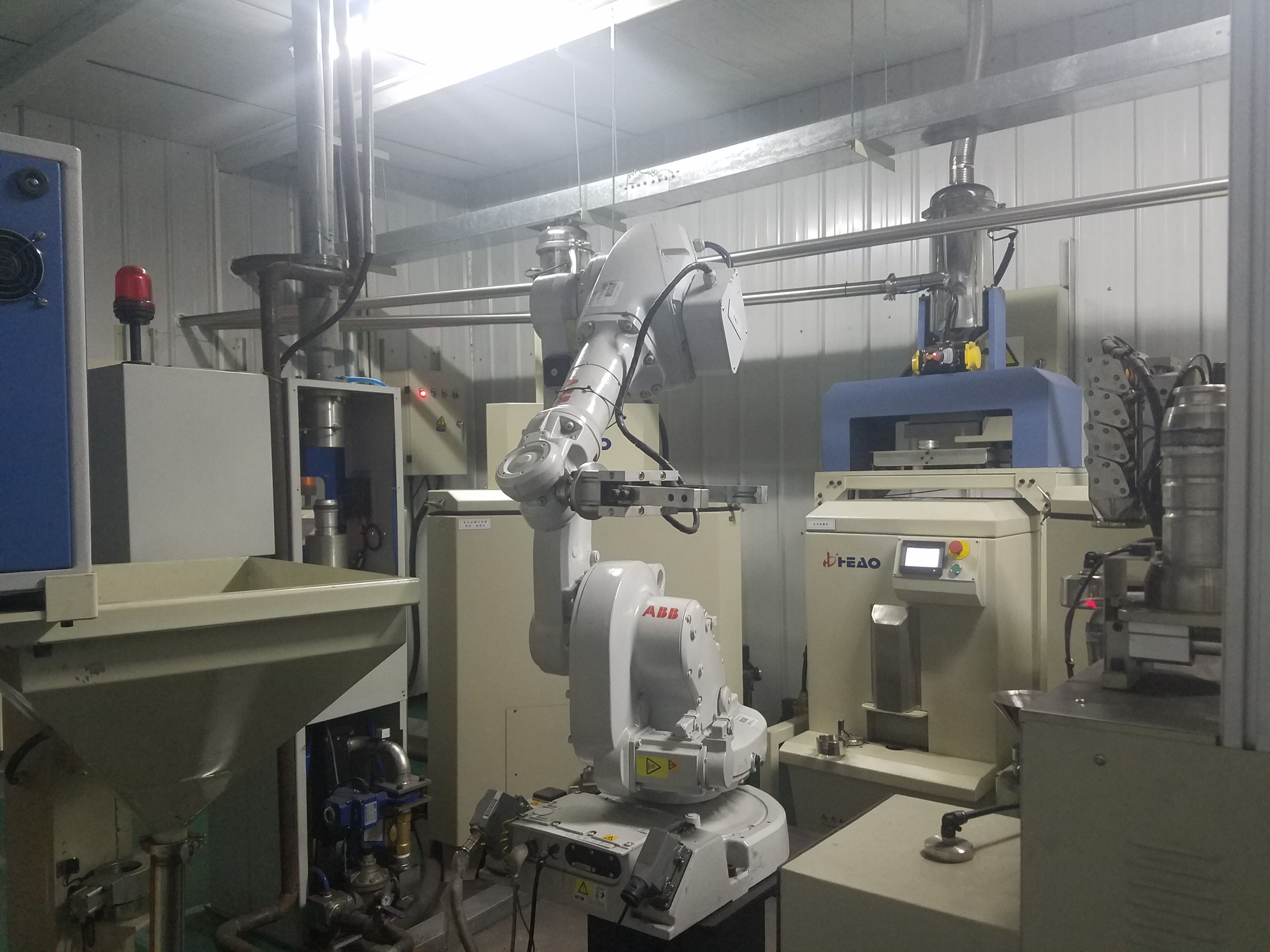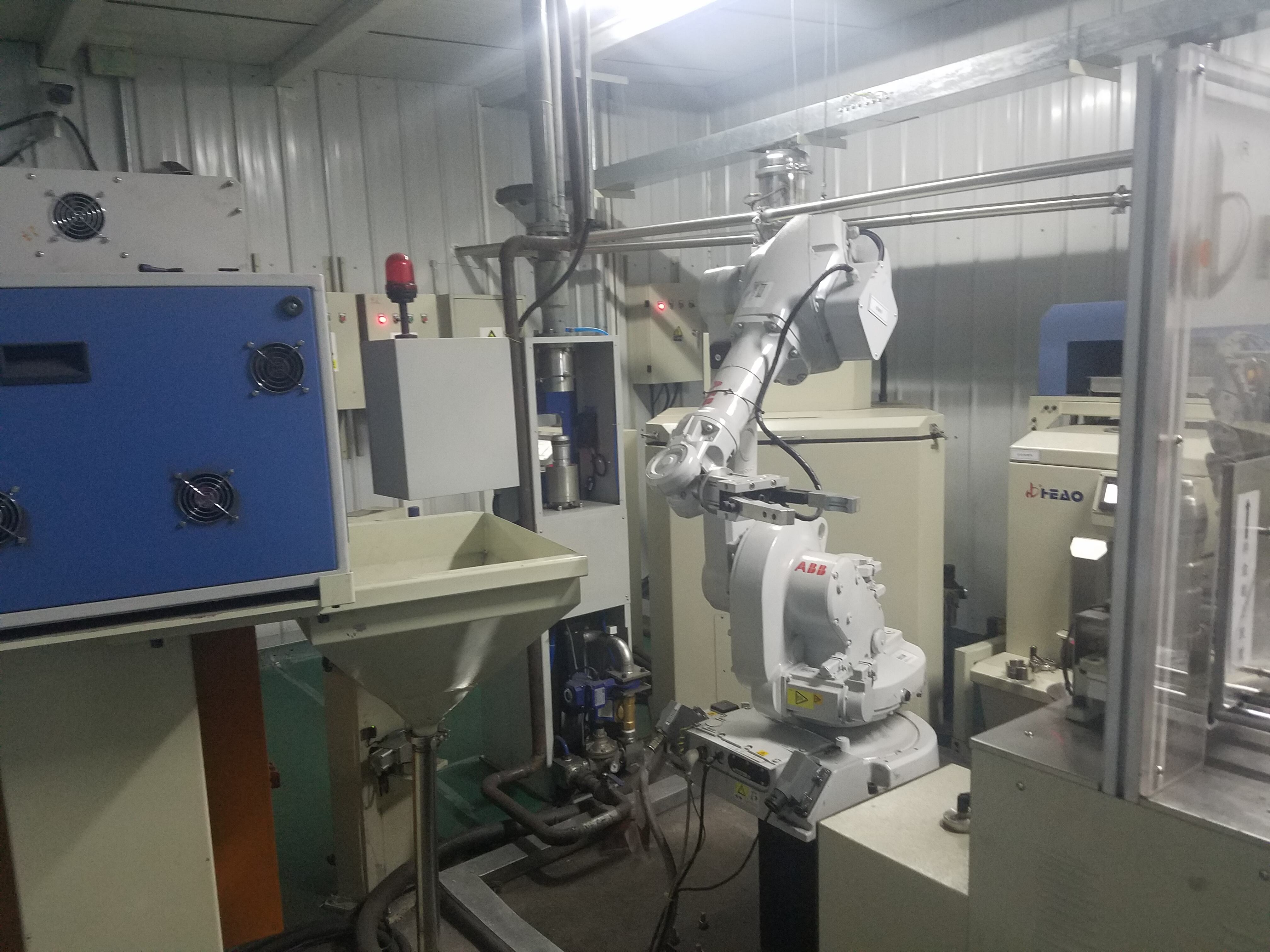analytical lab instruments
Analytical lab instruments represent the cornerstone of modern scientific research and quality control processes. These sophisticated devices combine precision engineering with advanced technology to perform detailed analysis of samples across various disciplines. From spectrophotometers that measure light absorption to chromatographs that separate complex mixtures, these instruments provide researchers and technicians with accurate, reliable data essential for decision-making. Modern analytical instruments feature automated calibration systems, digital displays, and integrated data management capabilities, enabling seamless documentation and analysis of results. They incorporate state-of-the-art sensors and detectors that can identify and quantify substances at microscopic levels, making them invaluable in fields such as pharmaceutical development, environmental monitoring, and materials science. The instruments often come equipped with user-friendly interfaces and programmable methods, allowing for standardized testing protocols and reproducible results. Their applications span across industries, from quality assurance in manufacturing to forensic analysis in criminal investigations, demonstrating their versatility and essential role in contemporary laboratory operations.


